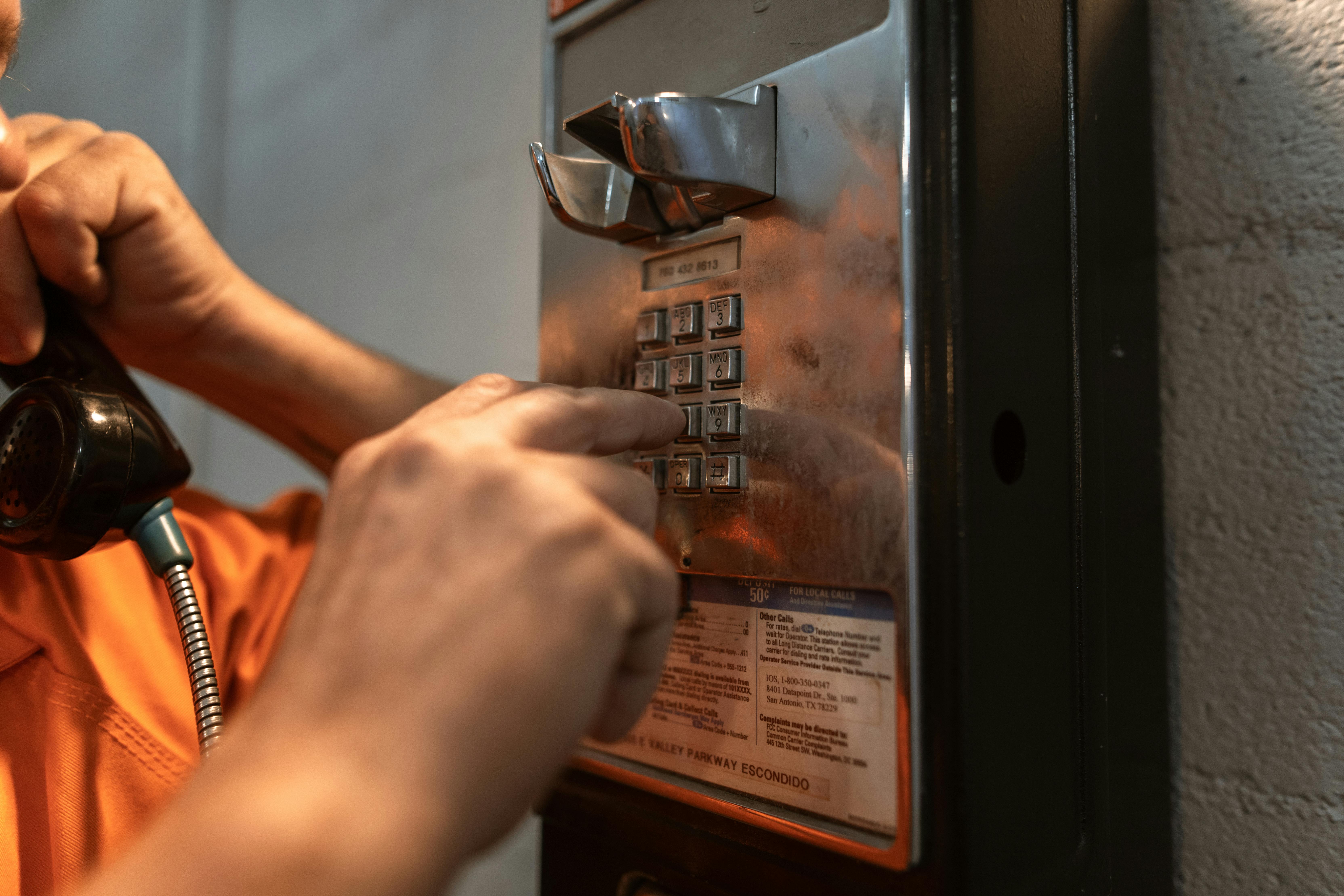With another major hurricane hitting the Gulf and Atlantic coasts, questions are raised about electrical power and restoration, generators, portable power plants, and other means of survival. Whether it’s a hurricane, earthquake, heat wave, natural disaster, terrorist attack, or any other power grid outage, it soon becomes apparent: “When will power be restored?”
While the first few days without power can be inconvenient, or even feel a bit adventurous, it isn’t long before restoring power starts to become a major concern. We can all survive without TV for a few days, weeks, or even months, but can we handle the heat and humidity without air conditioning? Can we deal with eating canned meat for days because refrigeration is not an option? What about all those emails waiting in your inbox with no way to log in to retrieve them? How about work? Will your employer be open for work if there is no power? How is school going? Will the children be able to go to class or do we have to keep them at home? And even if you could go to work or take the kids to school, what about the street lights?
Power outages affect you deeply. All of these questions are legitimate concerns. However, power outages have widespread implications. Not only do you have personal inconvenience, consider how hospitals, law enforcement agencies, sewage treatment plants, water plants, power plants, and other vital infrastructure are affected.
Most communities and utilities have plans to restore power after major power outages, with priorities given to vital services. While you long for a hot shower or the lights on at night, efforts are focused first on restoring power according to predetermined priorities. Very soon, power will be restored.
This does not mean that you are powerless when it comes to power restoration. If you’ve ever spent any time in an RV park, then you’re already familiar with the convenience of generators. Gas-fired generators hum, fueling the needs of families on the go. Microwave dinners, DVD movies, and air conditioning are daily occurrences for many campers. These home comforts are readily available to homeowners facing emergency power outages.
Generators are also called “portable power stations.” While your neighbors wait days and days for the power company to come and fix the lines, you can enjoy the basics with your own portable power plant.
Large organizations with well thought out business continuity plans incorporate portable power plants into their plans. When the lights go out, the generators come on.
The city does not have to come to a complete standstill when the power goes out. In fact, when the lights go out, workers spring into action. Portable power plants and generators soon come to life and repairmen are dispatched to repair the infrastructure. In the meantime, if you or a loved one is dependent on energy for medical reasons, aren’t you glad this technology is available? Hurricanes and earthquakes can knock out lights, but not for long when you have a good emergency power restoration plan in place.
By: Mr. Mark Decherd



